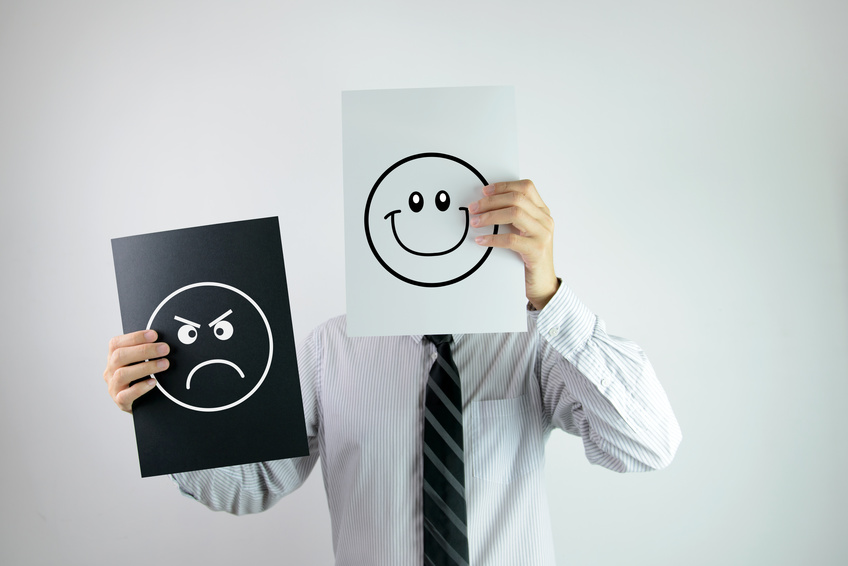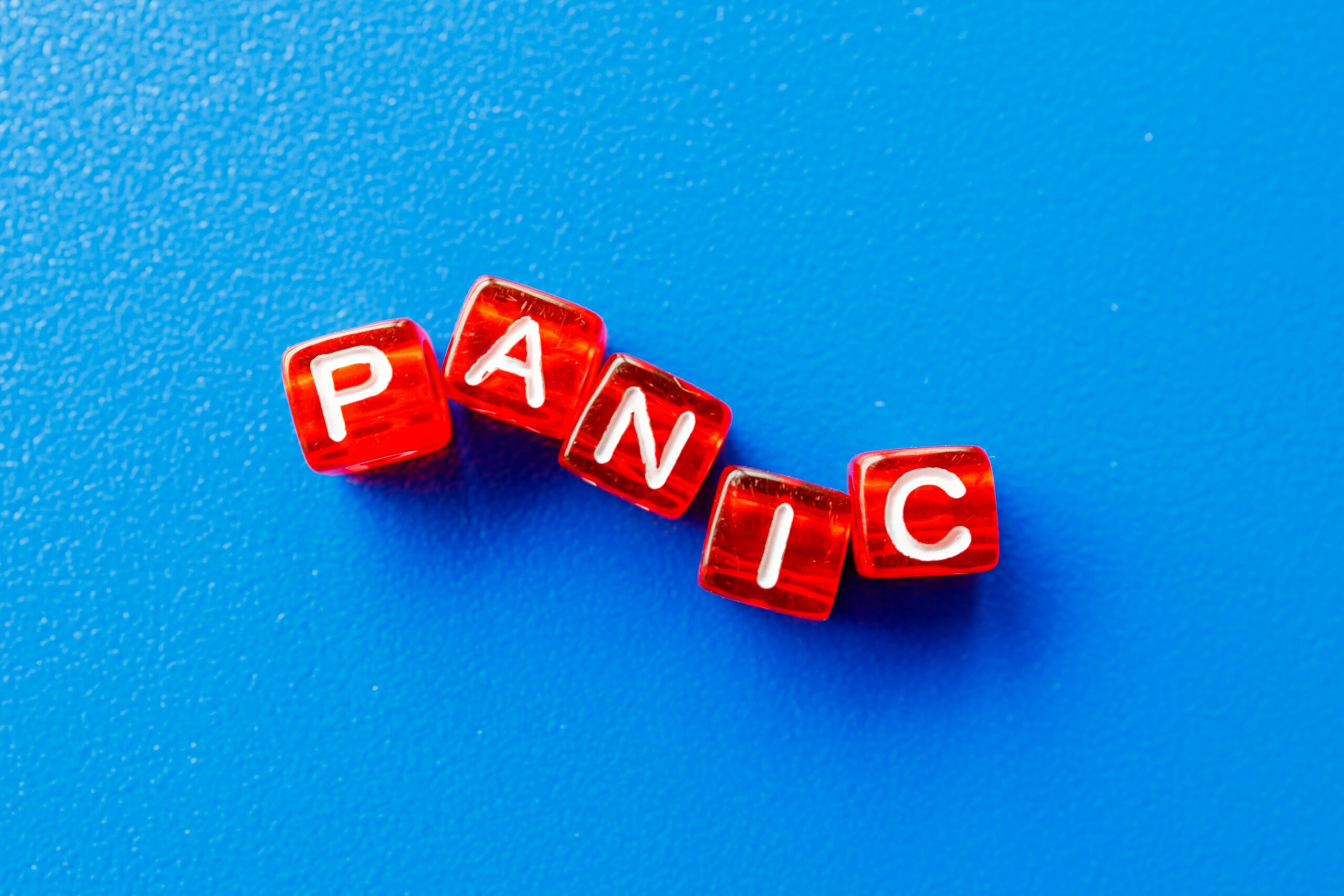 International Panic Day. Why would we have a day dedicated to this in a world where we can often feel in high stress mode every day?
International Panic Day. Why would we have a day dedicated to this in a world where we can often feel in high stress mode every day?
The day is a mock holiday to raise awareness of mental health – a day when you can focus deliberately on situations that might be triggering fear or anxiety and find ways to reduce that stress. A bit like giving yourself permission to do that but then to also find ways to look after yourself and manage stress more effectively.
If the day raises awareness of mental health, then that is a good thing. Whilst I am unsure of the benefits of a whole day called International Panic Day. I do like the idea of scheduling “worry time”.
By designating a specific time for worrying, you can prevent your worries from constantly intruding upon your thoughts throughout the day. It helps to give a sense of control over them. This approach can be particularly useful for if you tend to ruminate or experience excessive worry.
For most of us, our brains will naturally jump to worst-case scenarios. In fact, we are hard-wired to look for the negative and that is even more the case, when things around us feel uncertain.
During your designated worry time, you can actively do a number of things to address anxiety. You could write everything down, deliberately go into all of the “what if’s” and allow your brain to have free flow into the negative. Although that may sound counter intuitive, it can also free up the brain to problem-solve.
By deliberately and consciously limiting your worries to a specific timeframe, you may find that you can manage them more effectively and maintain a greater sense of calm and control in other areas of your life.

Stress is a natural part of being human and is, in fact, a tremendously useful and helpful part of us. But there is good stress and bad stress!
What’s the difference?
Good Stress (Eustress):
Good stress, or eustress, is a positive form of stress that arises from situations or events that are perceived as challenging but manageable. Eustress is actually really good for us:
Stress. It makes your heart pound, your breathing quicken and your forehead sweat. But while stress has been made into a public health enemy, new research suggests that stress may only be bad for you if you believe that to be the case. Psychologist Kelly McGonigal urges us to see stress as a positive, and introduces us to an unsung mechanism for stress reduction: reaching out to others.
Motivation and increased productivity: Eustress provides us with the necessary drive and energy to overcome obstacles and achieve goals. It can enhance focus, performance, and productivity.
Growth and personal development: Experiencing eustress can foster personal growth, resilience, and self-confidence. It helps you expand your comfort zone and acquire new skills.
Excitement and anticipation: Eustress often accompanies exciting events such as weddings, job promotions, or competitive sports. It adds a sense of thrill, anticipation, and enthusiasm to life.
Bad Stress (Distress):
Bad stress, or distress, refers to the negative form of stress that happens when we face overwhelming, threatening, or uncontrollable situations. Distress has detrimental effects on mental, emotional, and physical well-being.
It’s really important to understand that not all stress we experience necessarily means something bad or that we are anxious. However, when we experience negative stress, we need to become more aware of what triggers it in the first place and what sorts of things we have in place to respond to those triggers. That should be part of any designated worry time!
